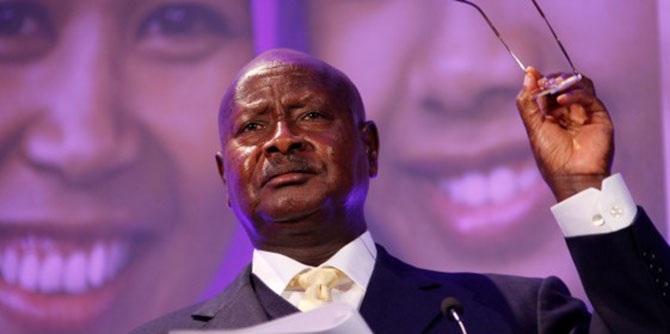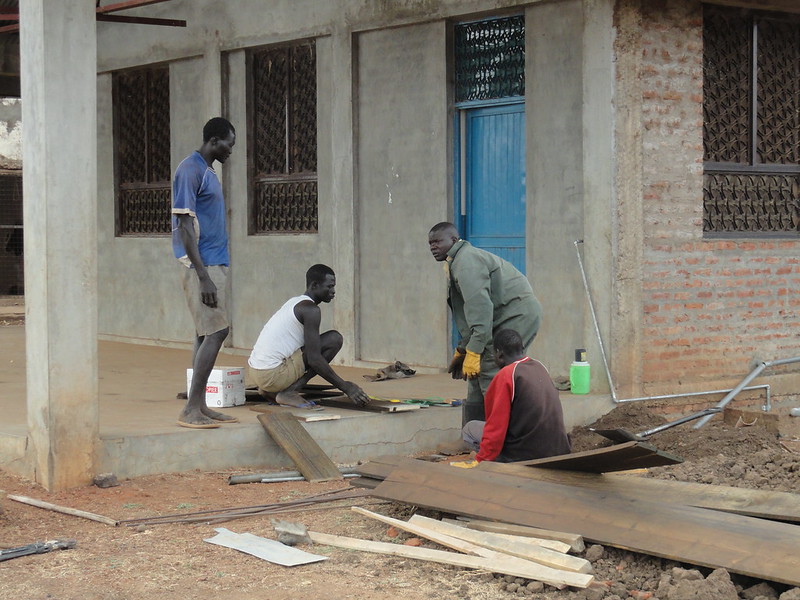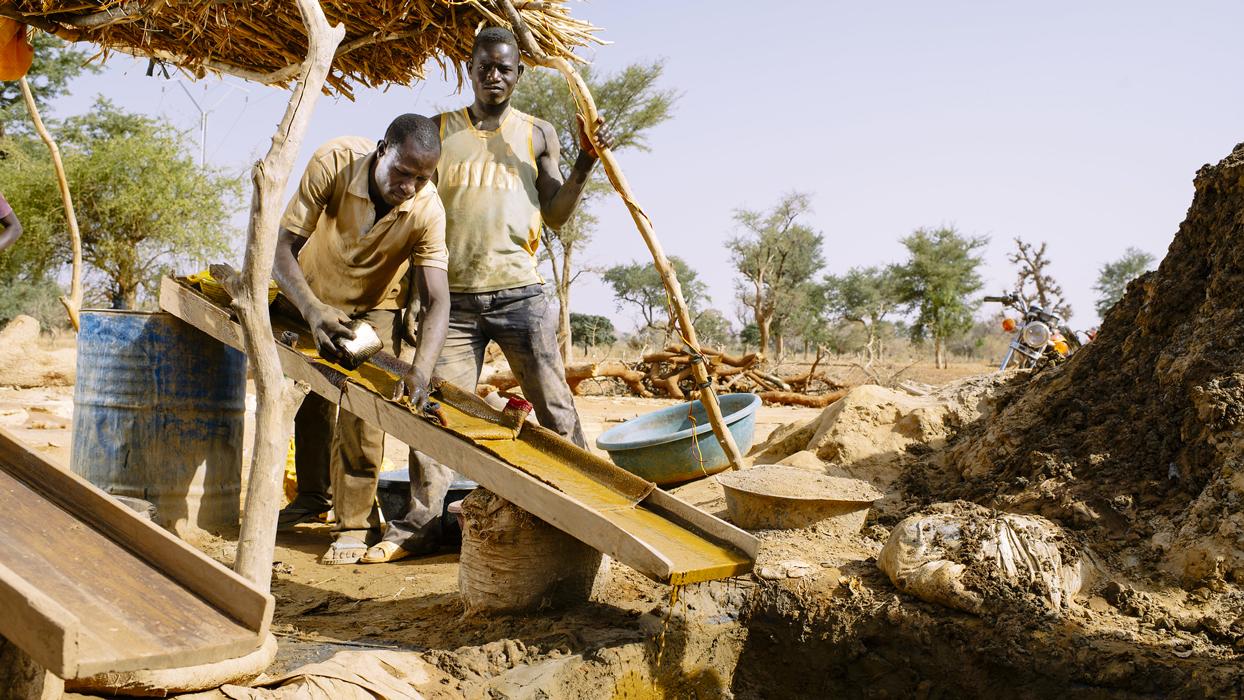LSE’s Jordan Vieira describes the book as a valuable contribution to the study of Africa that showcases the many benefits of situating ethnographic work within its historical, socio-political, and economic contexts.
‘Volunteering’ has been an increasingly prevalent mode of activity around the world for a myriad of reasons, and Africa’s changing social configurations make for a rich field in which to examine this phenomenon. Volunteer Economies: The Politics and Ethics of Voluntary Labour in Africa is a relevant, well-structured, and accessible volume, which should be celebrated for integrating the work of anthropologists from all career stages and for advancing ethnographic explorations of the many complexities implicated in volunteerism among seven African countries – South Africa, Lesotho, Kenya, Tanzania, Zambia, Sierra Leone, and Malawi. With solid and thought-provoking (if somewhat overly-distilled) theoretical tenets reinforced throughout the text, the critiques below are only drawn from what is absent.
The editors present five theoretical issues in the volume’s introduction, and all are illustrated throughout the ten subsequent ethnographic studies, which are divided into four thematic sections. The first issue is seeing volunteering as giving. Several chapters invoke Marcel Mauss’ work on the gift to go beyond the idealisation of voluntary action as selfless, one-way altruism to instead reveal how expectations of reciprocity are socially embedded. Social mobility, social capital accumulation, and network expansion can all be at stake, for example. Reconciling this self-interest with a communal ‘greater good’ speaks to the second theoretical issue of balancing the individual and the collective. Neo-liberal rationalities are implicated here, and various chapters do well in showing how particular economic conditions shifted responsibilities from the state to ‘responsibilized’ and ‘active’ individuals who volunteer to deliver public services. Furthermore, in this context, yearnings for belonging, attachment, and/or care are intertwined with the uncertain relationships between state, transnational, and non-governmental institutions.
This tension plays out in shaping the third theoretical issue of volunteering as a form of identity. Beyond constructing civic citizenship, volunteering allows various other forms of personhood to form. Young educated yet unemployed Africans, for instance, can fashion a working or professional identity through volunteering. International gap-year students can create a persona that is caring, well-rounded, and ‘global’. These qualities have economic potential in labour markets outside of volunteerism. Of course, there are numerous consequences in these constructions, such as the reinforcement of difference, inequality, and power structures, and the authors are quick to address these. However, specifically with regards to constructing ‘moral selves’, the discussion could have been significantly enriched with an incorporation of Michel Foucault’s work on confession. One contributor examines volunteering as ‘repentance’, placing it at the intersection of life histories and political action in South Africa. A bit of Foucault here (and indeed, throughout the volume) would have provided a more theoretically-nuanced discussion of power relations behind individuals’ motivations to volunteer. At the very least, it could have informed an overarching conceptual umbrella that explicitly connected the five core theoretical issues rather than leave them isolated. They overlap in many ways, so uniting them under a single meta theoretical framework would not have been too daunting a task.

The moral self closely relates to what the editors have identified as the fourth theoretical issue of volunteering and the global moral economy of compassion. Rooted in Christian ethics, various chapters examine how this economy has branched out to encompass hospitality, care, reparations for the past, civic engagement, and development. However, while these are worthy discussions, more could have been said on volunteerism and social change in this context. Perhaps I am biased because of my work on Uganda, but the country’s recent turmoil over anti-homosexuality legislation would have made a superb and timely study to demonstrate the effects of international Christian volunteers on social transformation.
Finally, the fifth theoretical issue is the relationship between voluntary and paid work. The opposition between free time and work time is apparent here, underscoring the role of capitalist modernity. The authors soundly demonstrate that this simple dichotomy is not all that is at work. Reiterating ideas from previous discussions, they show how volunteering today is situated in an ambiguous space between paid/unpaid, formal/informal, and recognition/exclusion. Put simply, volunteering is not merely free gifted labour given on leisure time.
In addition to the minor critiques presented above, the volume overall lacked a clearly-defined assessment of the new African middle-class’s role in volunteering. This came as a bit of a surprise only because of all the attention paid to addressing social mobility, neoliberalism, lifestyle, and constructions of self. Furthermore, from my own research, ethnicity and activism (even ethnicity-specific activism) play interesting roles in volunteerism. Again, it is what has been left out of the work that disappoints…
Overall, this is a valuable contribution to the study of Africa that showcases the many benefits of situating ethnographic work within its historical, socio-political, and economic contexts. The book is a must-read for all those interested in volunteerism, citizenship, and labour in Africa.
Volunteer Economies: The Politics and Ethics of Voluntary Labour in Africa. Ruth Prince and Hannah Brown(eds). James Currey. 2016
Jordan Vieira is a PhD Candidate in LSE’s Anthropology Department
The views expressed in this post are those of the author and in no way reflect those of the Africa at LSE blog or the London School of Economics and Political Science.





